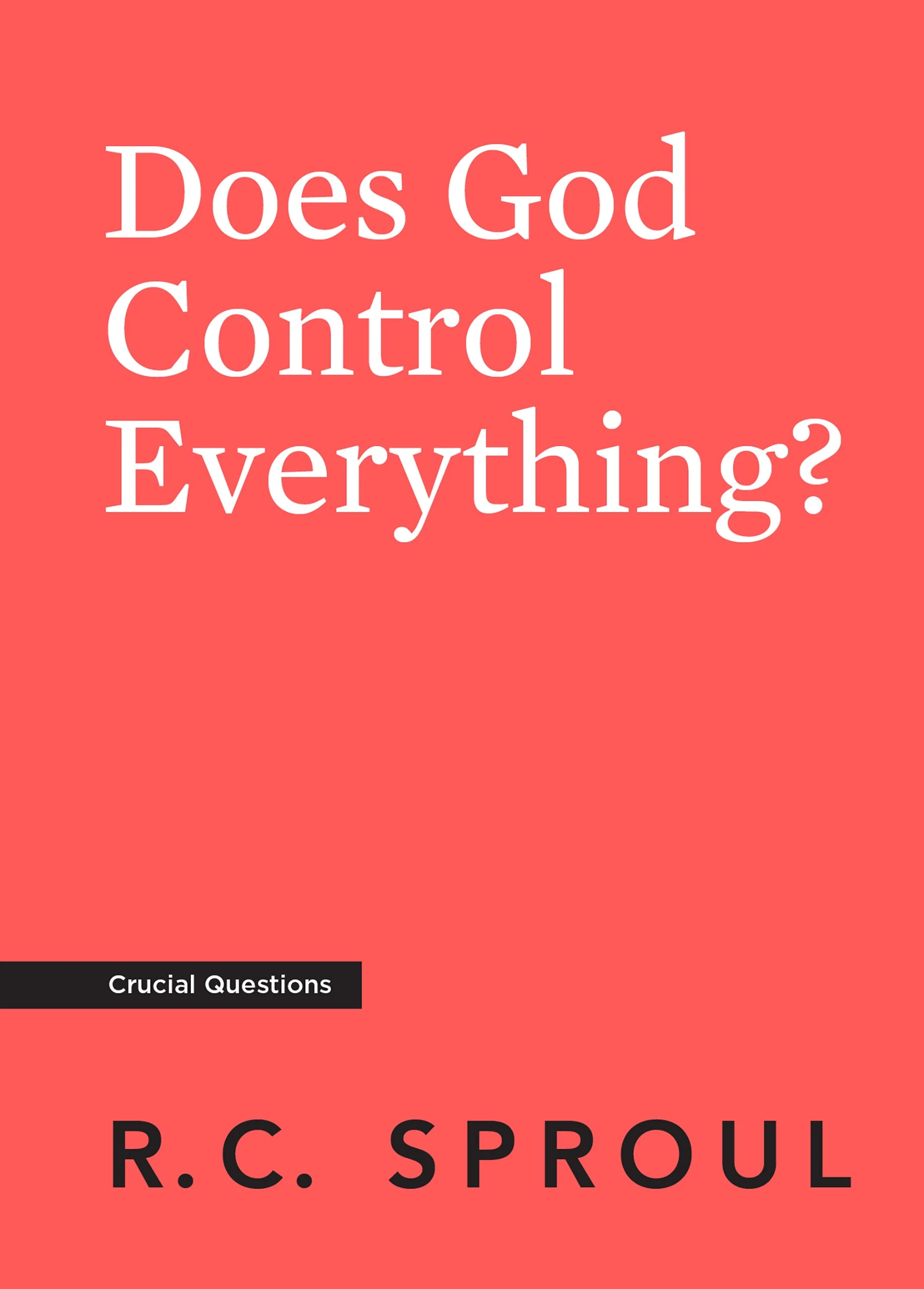The God Who Sees

The doctrine of providence is one of the most fascinating, important, and difficult doctrines in the Christian faith. It deals with difficult questions, such as: “How does God’s causal power and authority interact with ours?” “How does God’s sovereign rule relate to our free choices?” “How is God’s government related to the evil and suffering in this world?” and “Does prayer have any influence over God’s providential decisions?” In other words, how are we to live our lives in light of God’s invisible hand?
Let us begin with a simple definition. The word providence has a prefix, pro-, which means “before” or “in front of.” The root comes from the Latin verb videre, which means “to see”; it is from this word that we get our English word video. So, the word providence literally means “to see beforehand.” The providence of God refers to His seeing something beforehand with respect to time.
Providence is not the same thing as God’s foreknowledge or prescience. Foreknowledge is His ability to look down the corridors of time and know the outcome of an activity before it even begins. Nevertheless, it is appropriate to use the word providence with reference to God’s active governance of the universe, because He is indeed a God who sees. He sees everything that takes place in the universe. It is in full view of His eyes.
This can be one of the most terrifying thoughts a human being can have—that there is someone who is, as Jean-Paul Sartre lamented, an ultimate cosmic voyeur who looks through the celestial keyhole and observes every action of every human being. If there is anything about the character of God that repels people from Him more than His holiness, it is His omniscience. Every one of us has a keen desire for a sense of privacy that no one can invade so as to pry into the secret things of our lives.
At the time of the first transgression, when sin entered the world, Adam and Eve immediately experienced a sense of nakedness and shame (Gen. 3:7). They reacted by attempting to hide from God (v. 8). They experienced the gaze of the God of providence. When we need help, we want God to look at us. Most of the time, however, we want Him to overlook us, because we want privacy.
There is a God of providence who is aware not only of every one of my transgressions but of every one of my tears, every one of my aches, and every one of my fears.
On one memorable occasion during the ministry of our Lord, the scribes and Pharisees dragged a woman they had caught in adultery into Jesus’ presence. They reminded Him that the law of God required that she be stoned, but they wanted to know what He would do. But as they spoke, He bent down and wrote something on the ground. This is the only recorded instance of Jesus writing, and we do not know what He wrote. But we are told that He stood up and said, “Let him who is without sin among you be the first to throw a stone at her” (John 8:7). Then He began to write on the ground again. At that, the scribes and Pharisees began to go away, one by one.
I am speculating here, but I wonder whether Jesus wrote out some of the secret sins those men were zealous to keep locked away. Perhaps He wrote “adultery,” and one of the men who was unfaithful to his wife read it and crept away. Perhaps he wrote “tax evasion,” and one of the Pharisees who had failed to render unto Caesar decided to head for home. Jesus, in His divine nature, had the ability to see in a penetrating way behind the masks people wore, into the hiding places where they were most vulnerable. That is part of the concept of divine providence. It means that God knows everything about us.
As I noted above, we often find this divine sight disquieting, but the concept of God’s vision, of God seeing us, should be comforting to us. Jesus said: “Are not two sparrows sold for a penny? And not one of them will fall to the ground apart from your Father” (Matt. 10:29). That teaching inspired the popular song “His Eye Is on the Sparrow.” Do you remember the lyrics? “His eye is on the sparrow, and I know He watches me.” I believe the writer of that song understood what Jesus was saying—that God knows every time any tiny bird falls to the ground. God does not overlook even the slightest detail in the universe. Rather, He governs the universe in total awareness of everything that is happening within it.
Yes, this kind of intimate knowledge can be frightening. But because we know that God is benevolent and caring, His comprehensive knowledge is a comfort. He knows what we need before we ask Him. And when our needs arise, He is both able and willing to help us. To me, there is nothing more comforting than knowing that there is a God of providence who is aware not only of every one of my transgressions but of every one of my tears, every one of my aches, and every one of my fears.


